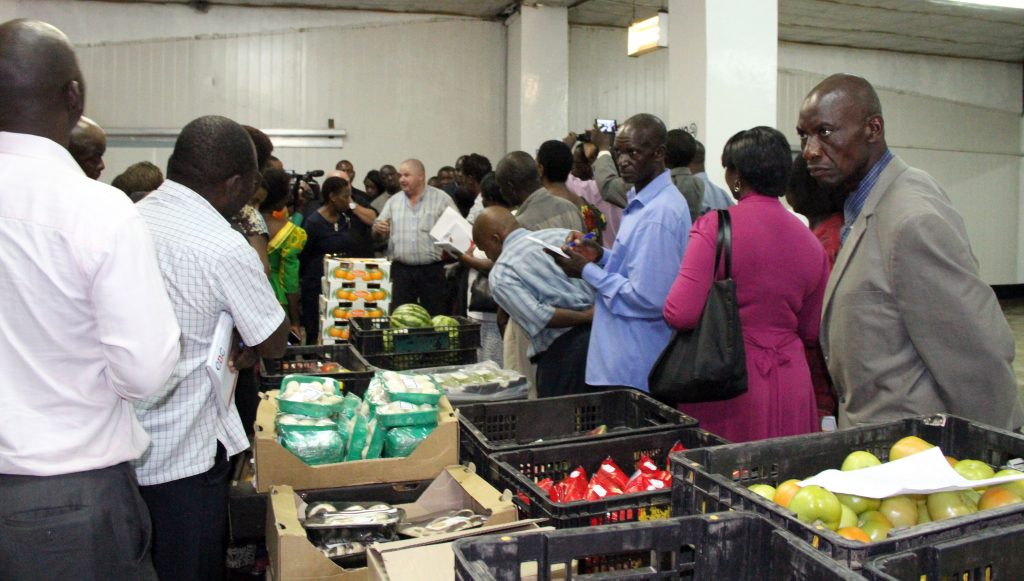
Monday, February 28,2022: Close to 100 trade experts from COMESA Member States are undergoing a four-day online training on trade policy analysis using TradeSift tool being conducted by the University of Sussex, from 28 February to 3rdMarch 2022.
The training will empower the participants to analyse policy issues and effectively participate in trade negotiations. It is part of a series of programmes being financed by the European Union (EU) through the Organisation of African, Caribbean and Pacific States (OACPS) and counterpart funding by COMESA through the TradeCom II Capacity Building programme.
The training is also part of the efforts by the organization to develop a cadre of researchers and experts who are conversant with modern skills being used to resolve different challenges facing regional integration in the region.
These include proliferation of non-tariff barriers and low levels of domestication, compliance and enforcement of agreed trading instruments. With TradeSift skills, the experts are expected to address poor or lack of appropriate policies and by extension inadequacy in human capacities and capabilities.
“As policy makers, researchers and analysts, I urge you to take this training seriously….the skills you are about to attain should be put into immediate use by supporting the trade policy making at national and regional levels,” said the Assistant Secretary General for Programmes Dr Kipyego Cheluget when he opened the workshop, Monday 28 February 2022.
Dr Cheluget told the participants that COMESA attaches great value on research and evidence-based policy making at both the national and regional levels. Hence, it will continue to facilitate capacity building in all forms as mandated by the Treaty and ensure that the region’s economic integration process is anchored on a strong policy-oriented foundation.
Dr Peter Holmes, representing the University of Sussex, urged the delegates to actively participate in the training and the gain the much needed knowledge and skills.
TradeCom II capacity building project also supports the COMESA Annual Research Forum presently in its 9th cycle and the virtual master’s degree programme in Regional Integration currently being offered by the University of Mauritius and Kenyatta University in Kenya.

